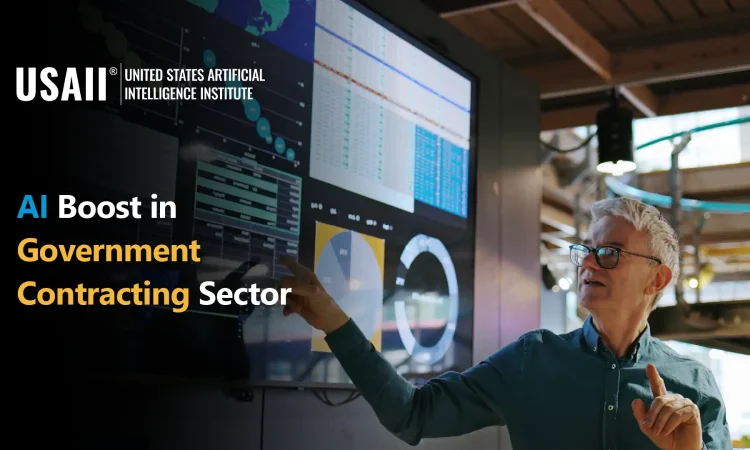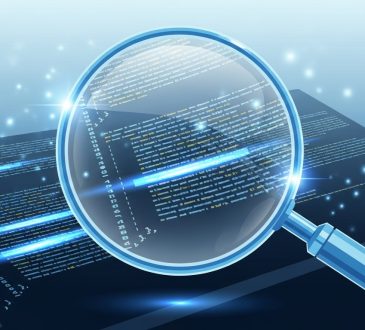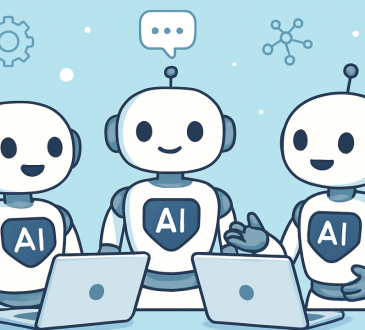
Artificial Intelligence (AI) is no longer just a futuristic concept—it’s now a powerful tool shaping the way governments work worldwide. In 2025, countries are increasingly harnessing AI to boost efficiency, improve public services, tackle complex societal challenges, enhance security, and streamline decision-making. From policy planning to emergency response, AI is rapidly transforming governance, offering exciting opportunities while also presenting important challenges.
AI in Public Services and Administration
AI is making a big impact in public administration. Governments are using AI systems to automate everyday tasks like processing permits, licenses, and social welfare applications. This reduces paperwork, cuts down bureaucratic delays, and ensures faster, more accurate service for citizens.
Some countries have introduced AI-powered chatbots and virtual assistants on public service portals. These tools can:
- Answer citizen questions 24/7
- Provide step-by-step guidance on government procedures
- Assist in filing documents
Additionally, predictive analytics are helping agencies optimize staffing and resources. By anticipating demand, governments can respond more efficiently to public needs.
AI in Healthcare and Public Safety
Healthcare is a major focus for AI-driven government initiatives. AI algorithms now help predict disease outbreaks, track public health trends, and plan vaccination campaigns. Some systems analyze real-time hospital and laboratory data to spot emerging health threats—allowing officials to act quickly and potentially save thousands of lives.
In public safety, AI is being used to:
- Predict and prevent crime through data analysis
- Monitor surveillance systems
- Manage traffic efficiently
AI-powered traffic management systems can reduce congestion, optimize traffic signals, and provide real-time alerts to drivers. While these technologies improve safety and efficiency, they also raise ethical questions about privacy, bias, and surveillance, which governments are actively addressing.
AI in National Security and Defense
AI is revolutionizing national security. Defense organizations now rely on AI for:
- Intelligence analysis
- Threat detection
- Operational planning
Advanced algorithms can process massive datasets—from satellite imagery to sensor networks—faster than human analysts, helping detect potential risks early. Autonomous drones and robotics are also being tested for reconnaissance, logistics, and defense operations.
However, AI in defense comes with ethical concerns, such as the debate over autonomous weapons. Governments must balance the advantages of AI with the risks of escalation and accountability issues. Several nations are now investing in research and guidelines for responsible AI use in defense.
AI in Policy Planning and Governance
AI is also shaping policy-making. Governments use it to analyze economic trends, social behaviors, and environmental data, helping leaders make informed decisions. Machine learning can simulate policy outcomes, offering insights on:
- Climate change initiatives
- Transportation projects
- Urban development plans
Some governments are adopting AI-enabled citizen engagement platforms. These tools gather public feedback, analyze social media trends, and survey responses to help policymakers understand citizens’ priorities. AI integration in decision-making aims to create more responsive, effective, and citizen-focused policies.
Challenges and Ethical Considerations
Despite its potential, AI presents challenges for governments:
- Data privacy and security: AI relies on sensitive information, requiring careful handling.
- Bias and fairness: AI models may unintentionally reinforce social inequalities.
- Transparency: Citizens must understand how AI impacts decision-making.
To tackle these issues, many countries are:
- Developing AI ethics frameworks
- Establishing independent oversight bodies
- Promoting transparency in AI-driven decisions
International collaborations are also emerging to set shared standards and prevent misuse, while maximizing AI’s benefits.
Global Examples and Initiatives
Around the world, governments are adopting AI in innovative ways:
- Singapore: AI governance framework guides ethical use in public agencies.
- Estonia: AI supports digital governance, from e-residency to automated tax filing.
- United States and European Union: Focus on AI for public service and defense with strong ethical oversight.
- China: Integrates AI in smart city initiatives for urban management, healthcare, and security.
These examples show that governments are moving beyond experimentation, embedding AI into the core of administrative, security, and social functions.
The Road Ahead
As AI evolves, governments face a pivotal moment. The potential benefits are enormous, from faster public services to stronger national security. Yet, ethical dilemmas, privacy concerns, and unintended consequences remain challenges.
The future will likely see a mix of innovation, regulation, and international cooperation. Public trust is key—citizens need confidence that AI is enhancing their lives without compromising rights or freedoms. Transparent governance, ethical frameworks, and ongoing dialogue between policymakers, technologists, and the public will be essential.
In summary, AI is no longer a peripheral tool—it’s a transformative force reshaping governance. Intelligent systems are improving decision-making, enhancing public services, and strengthening security while raising vital discussions on ethics, fairness, and accountability. Successfully integrating AI could mark one of the most significant technological shifts of the 21st century, redefining the relationship between governments and citizens.




